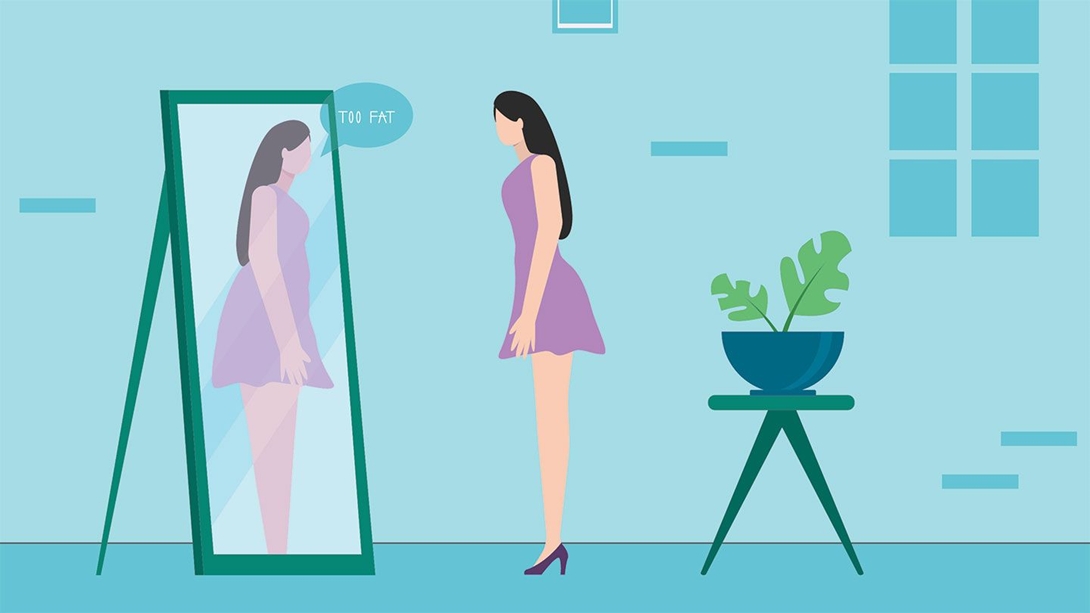A nurse is providing follow-up care with a client who participated in a class about improving bone health. Which of the following client statements should the nurse identify as an understanding of the teaching?
"I have been taking 500 micrograms per day of vitamin A supplement."
"I take an 800-milligram calcium supplement with my breakfast every day."
"I have included fortified milk, fatty fish, and cheese into my diet each day."
"I increased my intake of orange juice, lean meats, and egg whites."
The Correct Answer is C
Choice C reason: This statement shows that the client has understood the importance of vitamin D and calcium for bone health. Fortified milk, fatty fish, and cheese are good sources of both nutrients, which help to maintain bone density and prevent osteoporosis.
Choice A reason: This statement is incorrect, as vitamin A supplementation can have adverse effects on bone health. Excessive intake of vitamin A can increase the risk of fractures and reduce bone mineral density.
Choice B reason: This statement is partially correct, as calcium supplementation can help to meet the daily requirement of calcium for bone health. However, calcium alone is not enough, as vitamin D is also needed to facilitate the absorption of calcium and prevent its loss from the bones.
Choice D reason: This statement is irrelevant, as none of the foods mentioned are particularly beneficial for bone health. Orange juice, lean meats, and egg whites are good sources of vitamin C, protein, and biotin, respectively, but they do not provide significant amounts of vitamin D or calcium.
Nursing Test Bank
Naxlex Comprehensive Predictor Exams
Related Questions
Correct Answer is D
Explanation
Choice A reason: Offering the client a selection of beverages at each meal is not a good action to include in the plan, as it may reduce the client's appetite and intake of solid foods. The nurse should limit the client's fluid intake before and during meals, and encourage the client to consume high-calorie and high-protein drinks, such as milkshakes or smoothies, after meals.
Choice B reason: Informing the client that a weight gain of 2.3 kg (5 lb) per week is expected is not a good action to include in the plan, as it may cause anxiety and resistance in the client. The nurse should set realistic and individualized weight goals for the client, and monitor the client's weight and vital signs regularly. The nurse should also avoid focusing on the client's weight, and instead emphasize the client's health and well-being.
Choice C reason: Arranging for someone to remain with the client for 30 min after meals is a good action to include in the plan, as it can prevent the client from purging or exercising excessively. The nurse should provide a supportive and nonjudgmental environment for the client, and supervise the client's eating and toileting behaviors. The nurse should also educate the client and the family about the complications and treatment of anorexia nervosa.
Choice D reason: Encouraging the client to participate in developing dietary goals is a good action to include in the plan, as it can increase the client's sense of control and motivation. The nurse should collaborate with the client, the dietitian, and the mental health team to create a personalized and flexible meal plan that meets the client's nutritional and psychological needs. The nurse should also praise the client for any progress or achievement, and reinforce the client's positive coping skills.

Correct Answer is C
Explanation
Choice A reason: The client should not replace salt with soy sauce, as soy sauce is not kosher. Soy sauce is made from fermented soybeans and wheat, which are not allowed in a kosher diet. The client should use kosher salt or other kosher seasonings instead.
Choice B reason: The client's primary vegetables should not be squash and corn, as they are not considered kosher. Squash and corn are classified as kitniyot, which are legumes, grains, seeds, and other plant products that are not allowed in a kosher diet. The client should eat more leafy greens, root vegetables, and fruits, which are kosher.
Choice C reason: The client can eat meat and nondairy margarine together, as they are both kosher. Nondairy margarine is made from vegetable oils, which are pareve, meaning they are neither meat nor dairy. The client should avoid eating meat and dairy products together, as they are not kosher.
Choice D reason: The client does not need to use their right hand when eating food, as this is not a requirement of a kosher diet. This is a practice of some Muslims, who believe that the right hand is for eating and the left hand is for cleaning. The client should follow the rules of kashrut, which are the Jewish laws of kosher food.
Whether you are a student looking to ace your exams or a practicing nurse seeking to enhance your expertise , our nursing education contents will empower you with the confidence and competence to make a difference in the lives of patients and become a respected leader in the healthcare field.
Visit Naxlex, invest in your future and unlock endless possibilities with our unparalleled nursing education contents today
Report Wrong Answer on the Current Question
Do you disagree with the answer? If yes, what is your expected answer? Explain.
Kindly be descriptive with the issue you are facing.
